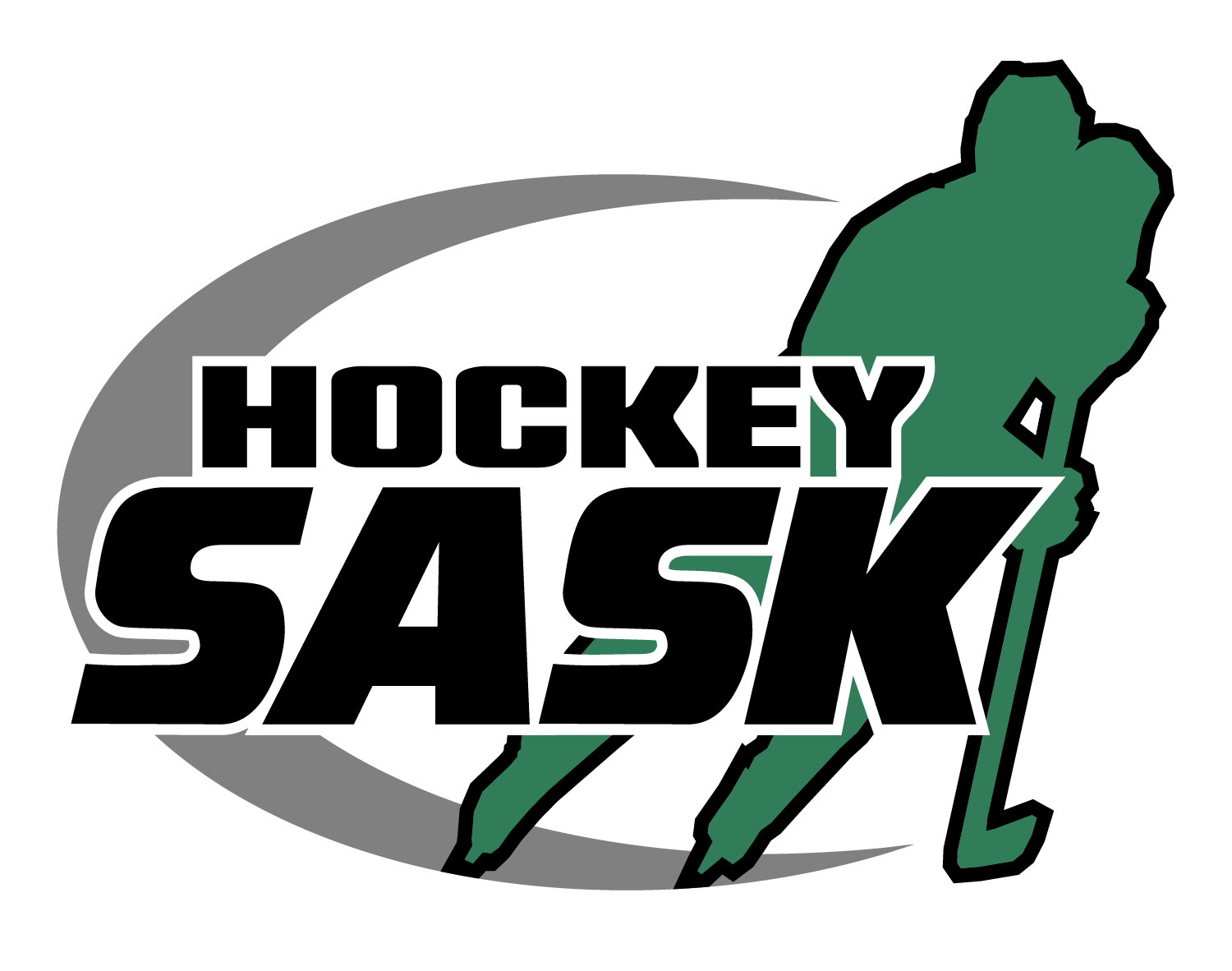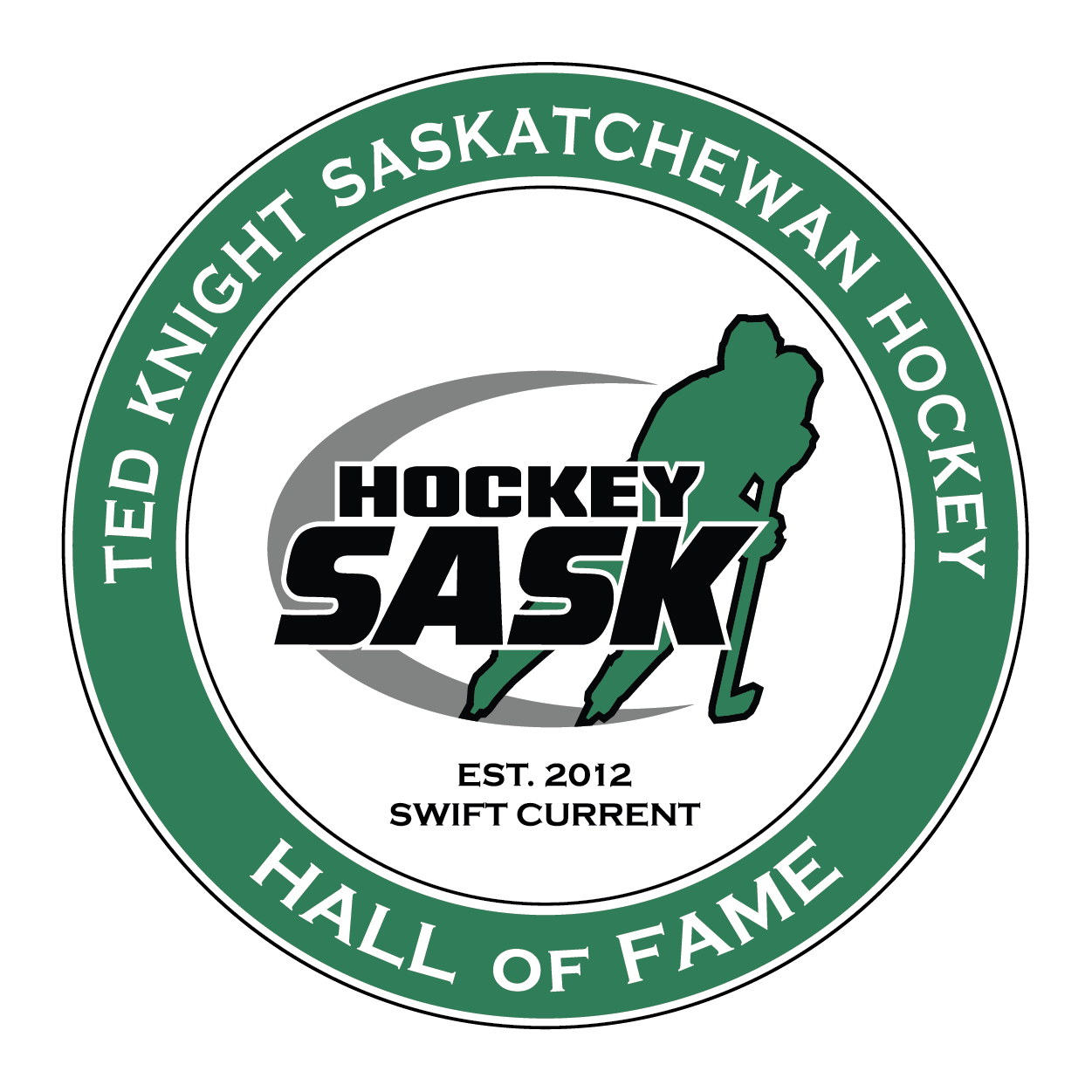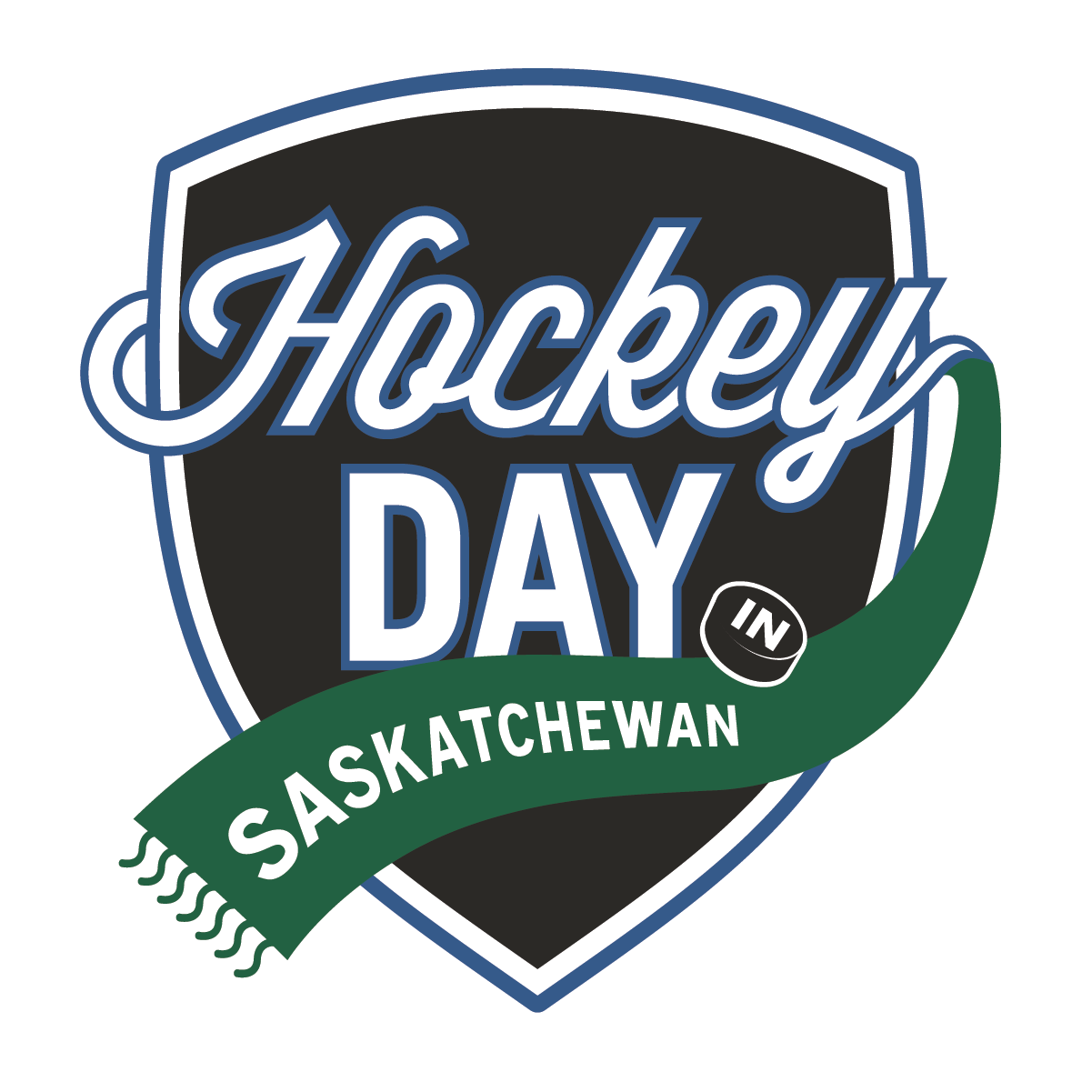
Under-13 Off-Ice Wins
Under-13 (U13) hockey is about more than what happens on the ice. Off-Ice Wins are an important part of the game, helping players grow into positive teammates and community members. This includes parents and guardians supporting independence, players learning about responsible social media use, and understanding policies that keep hockey safe and fun for everyone.
U13 also highlights the importance of female hockey and how players at this age can become role models in their community.
Whether volunteering, mentoring younger players, or simply showing respect for teammates and officials, the lessons learned off the ice make hockey an even greater part of life.
A Guide for Parents and Guardians: Supporting Player Growth and Independence
Hockey offers the opportunity for young people to gain pride in their abilities and experience the benefits of independence. At this age group players become co-creators of their sport experience. Parents and guardians now have the opportunity to support their player's experiences toward independence. This can include increasing expectations such as having the players responsible for packing their equipment, determining and locating their dressing room when they arrive at the arena, and tying their own skates.
Parents and Guardians still have important roles in helping their player have a good experience, this includes ensuring equipment is laundered regularly, helping players communicate with their coaches and confirming availability and attendance for the team schedule, and helping players understand rules such as the dressing room policy, social media policy, and code of conduct. Adolescent players tend to be experimental in the language and behaviours they use at this age, and yet they should be guided toward using positive language toward themselves, their teammates, their opponents, and honoring the game.
Important Policies to Review:
Promotion of Female Hockey
Female hockey has seen very positive growth over the last few years due mainly to a “regionalized” approach to registration. This approach requires multiple associations in an area to work together to form Female teams under one banner. All of the Female players in an area are registered out of one central association to allow for ease of affiliation and the growth/familiarity of the “brand”. That central association would then apply to Hockey Saskatchewan annually for a concession for all Females who reside outside of the allowable radius’ for non-AA hockey. The Female teams are then formed and play in a location based on the geographical residences of the Female players in that specific division.
Why Female Hockey Matters
- Empowerment Through Sport: Hockey teaches resilience, confidence, and teamwork.
- Growing the Game: More girls are lacing up their skates every year, and programs are expanding to meet the demand.
- Future Pathways: From grassroots to college scholarships, Team Saskatchewan, and even Team Canada—every journey starts here.
Whether you're a player, parent, coach, or fan—now is the time to support and grow female hockey in Saskatchewan.
Responsible Social Media
As players begin to have access to smartphones, messaging applications, and social media, it becomes important to create standards and expectations in their team context to ensure everyone is upholding the Code of Conduct and honoring themselves and the game.
Unfortunately, young players have found themselves in positions where messaging applications, social media, and team messaging groups became spaces for negative behaviour and even maltreatment.
Players should be aware that their actions in online domains will have consequences related to their code of conduct expectations. Consider the following:
- Players must follow the dressing room and social media policies that require phones and cameras to be securely stored out of reach in the dressing room (zipped in pocket of equipment bag).
- While some coaches may allow for phones to be used solely for the purpose of playing music, players should be respectful of this provision and use with discretion.
- Parents, Guardians, Coaches, and Team Staff should stay up to date on social media platforms and trends, and speak candidly with players about expectations of honorable conduct in person and online, and promoting responsible online behaviours.
- Parents, Guardians, Coaches, and Team Staff can help organize in-person activities for socializing and team building.
- Player only chat groups should be discouraged for young age groups.
- Players should be educated on boundaries and expectations such as:
- Not speaking about others in online forums.
- Not sharing photos without the subject's consent.
- Reporting breaches of conduct, or online messages or posts that make them uncomfortable to a trusted adult.
- Long term consequences of sharing inappropriate photos, and online bullying, including removal from hockey.
Being part of a team can be a space where players can learn to be positive contributors both on and off the ice. As players begin to experience more independence, there are more considerations and opportunities in front of them.
Team Building & Community Involvement
Many teams will choose to take on a community project or involvement during the season. These are excellent opportunities for players to bond, while building confidence by serving others. Here are some examples of community involvement initiatives that are appropriate for players:
- Committing to a community project such as a food or toy drive, card writing to elders, or town clean up.
- Committing to service throughout the season such as doing a clean sweep of the community arena, shoveling driveways and sidewalks, attending some of the younger players' games to form a cheer section.
Growing Into Young Mentors
Athletes are always looking up to the players in the age groups ahead of them. Players should be guided on what it means to be a mentor in their sport and community. Now that the younger players are looking up to them, they have the opportunity to rise to the occasion:
- Hold multi-age level practices or have rotating volunteers to help with the practices of younger players.
- Remind players that they are being watched (in a good way) by little eyes and this is their opportunity to model positive behavior.
- Encourage players to be welcoming of littles in their pick-up games or street hockey.
Respecting the Rink and Other Venue Users
- Often, players enjoy the camaraderie of a pre-game routine including a dryland warm up. Players should be reminded that unless it is a designated area, the primary use of space in arenas is not meant for dryland warmups. As such, teams should be highly respectful of the space, and other users. This can be demonstrated through music volume, and adaptability to have different routines available depending on the venue they are in.
- Higher independence also means less supervision, and as such, players should be encouraged to be positive role models at all times. This includes ensuring the venue they are using is respected, and that they keep it tidy and in good care.
- Other age groups and sports using arenas deserve our respect. If players are spectators before or after games or practices, they should always demonstrate respect for other participants on the ice. Players can be reminded that we all have athletic goals on the ice, and they are best reached with respect and encouragement.
Being a Positive Representative
Players have the opportunity to represent themselves, their team, association, and the sport of hockey in a positive way when they travel about for games. Players should be reminded not only of the Hockey Saskatchewan Code of Conduct, but also the opportunity to be a positive role model to others at all times.
Things to consider:
- When travelling to tournaments offer a reminder of Code of Conduct and expected behaviours in venues and hotels/accommodations.
- Be considerate of other patrons and staff in arenas and venues the team is using.
- Have strategies for ensuring players are picking up after themselves when using venues.
- When playing music in the dressing room or in other spaces, players should be considerate of volume levels and select music without offensive language or themes.
- Remind players of their role in honoring the game by offering respect to officials, other teams, their own team, and themselves.
- Remember, players and teams should be remembered by others for the right reasons!
Giving Back to the Game
At this age group, some players may be eligible to begin thinking about becoming an Official in their area.
For more information visit the Officials webpage here: CLICK HERE
Some Minor Hockey Associations may also need help from player-volunteers in roles such as playing music/announcing during games, or helping out with tournaments. While players will need to volunteer with supervision, it is a great time to encourage players to contribute to the game in new ways.




















